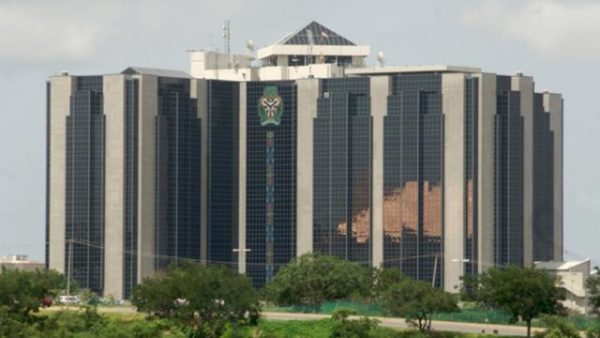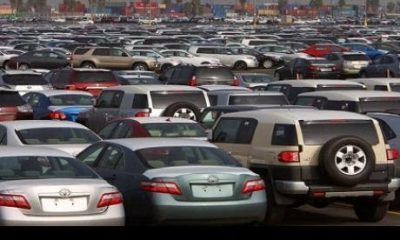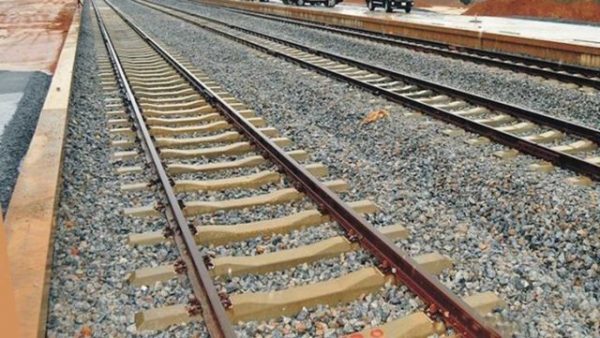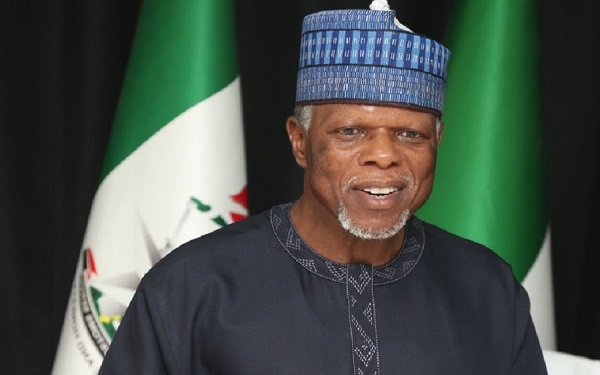Nigeria’s Maritime Industry – The Prospects
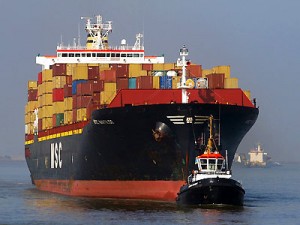 The history of most of the world’s dominant economies has been associated with access to the sea and development of maritime transport. Even countries without natural endowments, except the advantage of location by sea have been known to have developed powerful economies based on the maritime industry.
The history of most of the world’s dominant economies has been associated with access to the sea and development of maritime transport. Even countries without natural endowments, except the advantage of location by sea have been known to have developed powerful economies based on the maritime industry.
The Nigerian Maritime Industry has been touted as a virile and veritable alternative for socio-economic progress and development in our monolithic economy if its potentials are properly harnessed.
This suggestion seems to be gaining currency in the face of the harsh economic realities of today following the global economic downturn, progressive fall in oil prices and the theft of our crude oil – the mainstay of our economy.
Today, the common thread in the discourse of stakeholders, experts and other interest groups is that there should be a paradigm shift in the present economic policy and development plan direction of government to one that projects the Maritime industry as the platform for our economic growth and the deserved change.
All around the world, maritime industry generates massive employment and earning opportunities for the host communities and contributes significantly to the GDP and national development, Nigeria should not be an exception.
Opportunities abound in several areas listed; Contributions to National GDP, Establishing cargo rights from traffic generated by Nigeria’s international trade, Re- establishing a national fleet, Growth of industries and Development of Value Added services, Oil & gas, Refinery, Fertilizer Blending Plants, Petro- Chemical Industries, etc.
Ripple opportunities may include the following maritime ancillary services which would in turn create job opportunities, ship chandelling, dry dock services, container repair facilities, freight forwarding, ICDs & Freight Station operations, Logistics & distribution, Inland water freight and passenger transportation, Passenger Cruise facility, Hotel and hospitality industries.
Others include; attaining a Hub port and coastal feeder/distribution services, construction work development and rehabilitation, dredging services, shipping companies = carrying more tonnages, terminal operators handling higher volumes translating to higher revenues, Dock labour with better take home pay, Massive employment of youths, Opening up of trading and manufacturing industries, Tourism, Human Capital Development (Maritime training institutions), etc.
There is no doubt that maritime could transform the economic fortunes of the nation, but the commitment of the federal government to putting the shipping sector first would go a long way to transforming the sector. Laws would have to be made. Requisite awareness and relevance of the industry would have to be created. Port roads will have to be fixed. Intermodalism should be deployed in our transport system. We would need an automated port system with less complex procedures.
These issues when addressed would enable the shipping sector swiftly transform the economic fortunes of Nigeria and its citizens, provide massive employment and revenue for the government. Nigeria can be a real hub of maritime trade in Africa, but things would have to be fixed now, not later.



